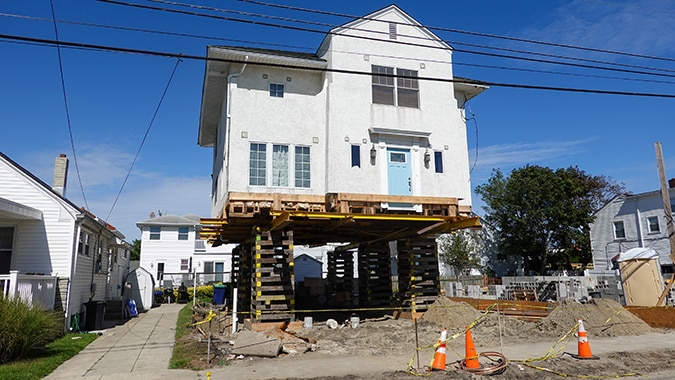Yesterday, S-846, supported by NJBIA, was approved by the Senate (28-4) and the Assembly (54-19-0), and now heads to the Governor’s desk. Under the bill, the former UEZs in Bridgeton, Camden, Newark, Plainfield and Trenton would be reinstated, and the remaining UEZs scheduled to expire prior to December 31, 2023 would be extended through the end of 2023. The bill would also require the Department of Community Affairs (DCA) to conduct a comprehensive analysis of the program and to issue a report on its findings to the egislature.
New Jersey’s UEZ program was enacted in 1983 and exists to foster an economic climate that revitalizes designated urban communities and stimulates their growth by encouraging businesses to develop and create private sector jobs through public and private investment. Businesses in UEZs are allowed to charge half of the state’s regular sales tax rate and receive incentives such as business-to-business tax exemptions, subsidies for unemployment insurance, and tax credits for hiring and investing.







